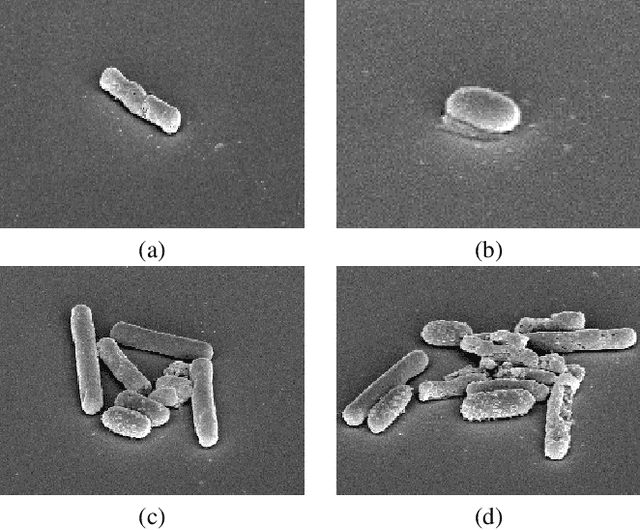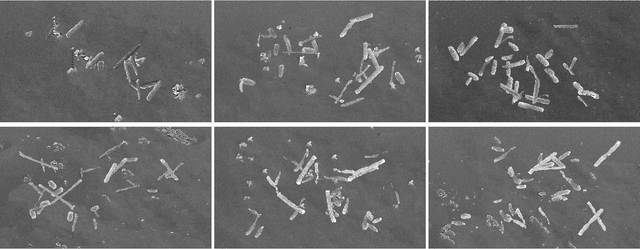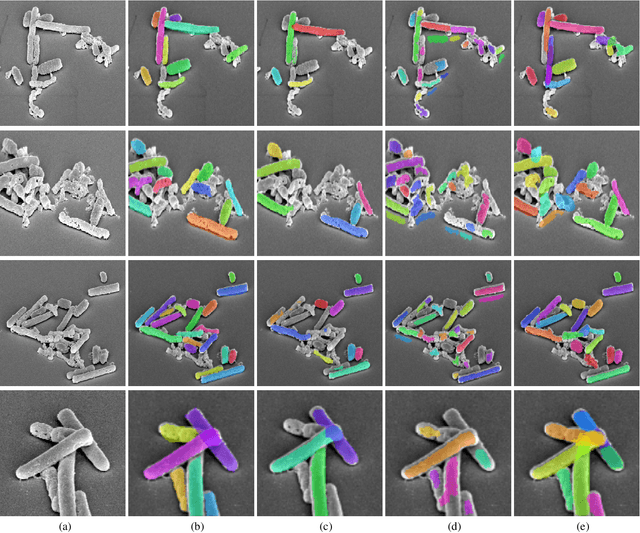Ali Memariani
The Principles of Data-Centric AI (DCAI)
Nov 26, 2022Abstract:Data is a crucial infrastructure to how artificial intelligence (AI) systems learn. However, these systems to date have been largely model-centric, putting a premium on the model at the expense of the data quality. Data quality issues beset the performance of AI systems, particularly in downstream deployments and in real-world applications. Data-centric AI (DCAI) as an emerging concept brings data, its quality and its dynamism to the forefront in considerations of AI systems through an iterative and systematic approach. As one of the first overviews, this article brings together data-centric perspectives and concepts to outline the foundations of DCAI. It specifically formulates six guiding principles for researchers and practitioners and gives direction for future advancement of DCAI.
DETCID: Detection of Elongated Touching Cells with Inhomogeneous Illumination using a Deep Adversarial Network
Jul 13, 2020



Abstract:Clostridioides difficile infection (C. diff) is the most common cause of death due to secondary infection in hospital patients in the United States. Detection of C. diff cells in scanning electron microscopy (SEM) images is an important task to quantify the efficacy of the under-development treatments. However, detecting C. diff cells in SEM images is a challenging problem due to the presence of inhomogeneous illumination and occlusion. An Illumination normalization pre-processing step destroys the texture and adds noise to the image. Furthermore, cells are often clustered together resulting in touching cells and occlusion. In this paper, DETCID, a deep cell detection method using adversarial training, specifically robust to inhomogeneous illumination and occlusion, is proposed. An adversarial network is developed to provide region proposals and pass the proposals to a feature extraction network. Furthermore, a modified IoU metric is developed to allow the detection of touching cells in various orientations. The results indicate that DETCID outperforms the state-of-the-art in detection of touching cells in SEM images by at least 20 percent improvement of mean average precision.
 Add to Chrome
Add to Chrome Add to Firefox
Add to Firefox Add to Edge
Add to Edge